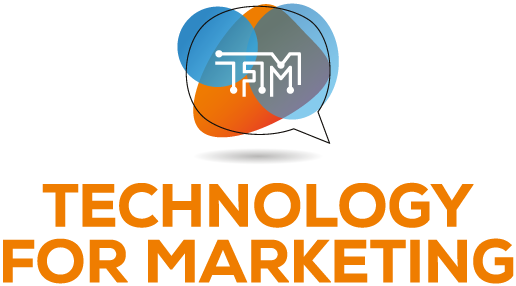March 2024 in Marketing
)
The European Parliament approves the first ever regulatory framework governing the use of AI systems
In March, The European Parliament passed the AI Act, establishing the first regulatory framework for AI usage. This act puts AI systems into four categories based on societal risk, with strict controls for high-risk tech like self-driving cars and lighter regulations for less risky AI. The rules take effect in May 2025, but high-risk AI regulations will apply three years later. Despite sparking debate, the act is broadly seen as a key measure to safeguard people from reckless AI development and to increase consumer trust in AI technologies.
Meta goes down for two hours
Meta goes down for two hours
Meta experienced a global outage lasting over two hours due to a technical issue, affecting hundreds of thousands of users worldwide. Despite appearing minor, the outage saw over 550,000 disruption reports for Facebook and about 92,000 for Instagram, as tracked by Downdetector.com. In today’s world increasingly dominated by AI and new tech, where Meta's often considered as ‘old school’, this incident highlights the significant role its apps still play in daily life.
Google Introduces a new privacy-focused measurement tool for marketers
This move comes as Google prepares to eliminate third-party cookies later this year. Meridian, which is an open-source Marketing Mix Model (MMM), allows advertisers to evaluate their campaign's effectiveness without compromising user privacy. Initially available to a limited number of users, Google intends to make Meridian accessible to all marketers and data scientists soon.
Starbucks sunsets global CMO role to focus on regional units
Starbucks has decided to phase out its global Chief Marketing Officer (CMO) position as it shifts focus towards regional operations. This move follows the promotion of former global marketing leader Brady Brewer to CEO of international operations. Instead of a single global marketing role, Starbucks will support marketing efforts through regionally based units. Additionally, the company introduced two new executive positions to steer marketing and innovation. Known for blending global branding with local execution— a strategy often termed 'glocal '— Starbucks aims to continue adapting to local customer preferences while maintaining its core brand values.
Latest News
-
Digital commerce and the future of e-commerce as we know it: Pre-keynote interview with Karl Lillrud
22 Sep 2022 PropellerIt is often said that the best business people are those who live to solve problems - not just sell products. But sometimes it can be hard to see the wood for the trees. Organisations can struggle to ... -
Three little letters that spell customer success: CRM
22 Sep 2022 PropellerIt costs 80% less to keep a customer than to acquire one, yet brands are continuing to fall short in how they build relationships with their customers. Customer Relationship Management (CRM) is essent ... -
The exhibition floor and conference theatres were jam-packed, as thousands of retailers and marketers joined the UK’s biggest two-day eCommerce and marketing technology event. London, 30 September 202 ...
-
Laura Riches and her Laylo Co-founder Laura Rosenberger were the Marketing Director and Chief Operating Officer of Naked Wines during a period of rapid growth. So, when they launched their own wine br ...
-
Roberta's tenure at Condé Nast emphasises social media, partnerships, and brand empowerment. Join her at Technology for Marketing for insights into renewing content and effective brand positioning.
-
Pasta Evangelists, the UK's premier fresh pasta company, has become a household name for foodies nationwide since its inception in 2017. With a turnover hitting £40m, their journey from the Dragon’s D ...

)
)
)
)
)
)
)
)
